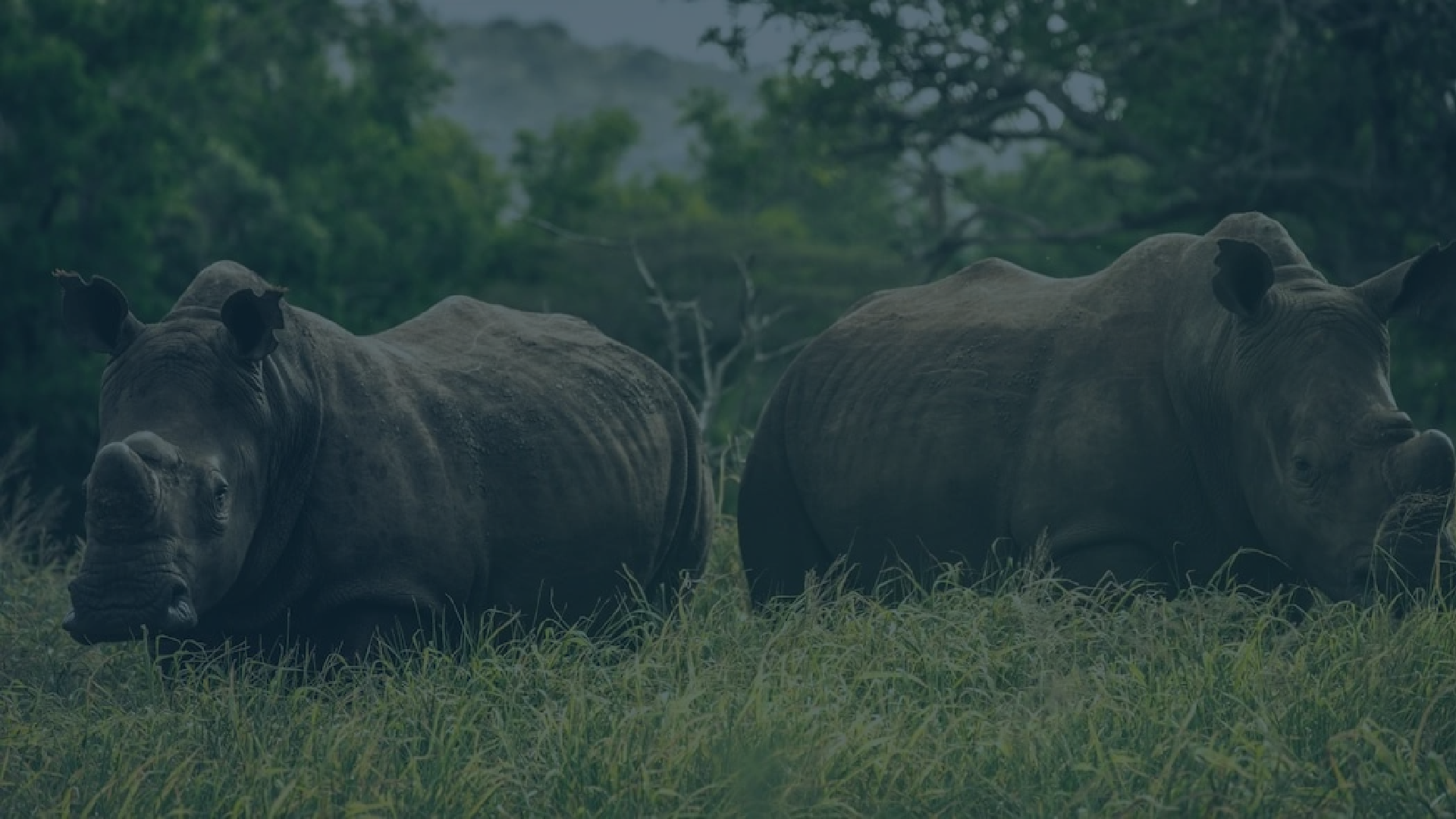
Combatting Illegal Wildlife Trafficking.
WSC’s Position
The World Shipping Council (WSC) and its Member companies are strongly opposed to illegal wildlife trafficking. We support effective and workable measures to minimize the illegal wildlife trade. We collaborate with key governmental stakeholders including the World Customs Organization (WCO), International Maritime Organization (IMO), and United Nations Office on Drugs and Crime (UNODC), and the private sector and NGOs such as United for Wildlife and WWF to mitigate the threat of illegal wildlife trafficking at national, regional, and global levels.
-
Strengthen mechanisms for screening, identifying, and reporting shipments suspected to include illegal wildlife.
WSC is collaborating with the National Cargo Bureau (NCB) and the World Wildlife Fund for Nature (WWF) to add their screening tool to the WSC’s Cargo Safety Program, to screen for mis-declared or undeclared wildlife products. This industry-wide IWT screening tool will complement individual carriers’ own screening tools. It is the intent to gradually add more types of goods to the screening tool.
-
Regularly update and train member company staff on identification protocols and the latest regulatory changes to combat wildlife trafficking effectively.
-
Foster strong public-private partnerships with organizations such as UNODC, Interpol, United for Wildlife and supply chain parties to collectively combat illicit trafficking, and share best practices and intelligence on trafficking networks, emerging trends and modi operandi.
The World Shipping Council, its Member companies and UNODC are working together under Operation COASTLINE to strengthen the maritime supply chain’s resilience against wildlife trafficking. This initiative aims to identify suspicious shipments, share risk indicators, and promote early reporting of potential trafficking cases. By combining the efforts and knowledge of the shipping industry with law enforcement, Operation COASTLINE supports enhanced detection and disruption of transnational wildlife trafficking networks and contributes to the protection of biodiversity.
-
Implement a verifiable maritime certification program to prevent shipping lines and facilities from being used in illegal wildlife trafficking, through due diligence, systems and operations to identify and report suspicious shipments.
WSC and its members are committed to continue to play a key part in combating illegal wildlife trafficking through four key objectives:
Wildlife Crime - A Threat to Biodiversity
Multi-billion-dollar business and a threat to biodiversity, global biosecurity, and human health.
Ranked as the 4th most profitable trade after arms, drugs and human trafficking.
Estimated to be worth up to USD $20 billion per year of wildlife and reaching up to USD $200 billion when including illegal timber trade (Source: UNEP-INTERPOL Report: The Rise of Environmental Crime).
Much of the large-scale trade is covert, involving global, underground trade chains by organized criminal networks.
Wildlife crime is the second most significant threat to biodiversity after habitat loss/degradation (Source: WWF).
Biosecurity threat to National Security, human health and safety through disease transmission such as Covid-19, SARS, Bird Flu, Ebola.
Resources
Joint Industry Guidelines on Illegal Wildlife Trafficking
WSC Publications
Red flags for suspicious illegal wildlife trade
IMO Resources
The IMO’s Illegal Wildlife Guidelines: For the Prevention and Suppression of the Smuggling of Wildlife on Ships engaged in International Maritime Traffic
The IMO’s e-Learning Course
Other Resources
Red Flag Indicators: For Wildlife and Timber Trafficking in Containerized Sea Cargo
A Review of Shipping Companies’ Carriage Policies on International Shark Fin Trade
Working Together for Greater Impact
Public-private partnerships (PPPs) are essential in the fight against illegal wildlife trafficking (IWT). By bringing together governments, law enforcement, and the private sector—including transport, financial institutions, technology providers, and NGOs—we can share intelligence, disrupt criminal networks, and bring offenders to justice.
Initiatives such as the United for Wildlife network, the Joint Industry Guidelines, Operation COASTLINE, and the Cargo Screening tool demonstrate how collaboration turns commitment into action. These partnerships build expertise, share financial intelligence, and deliver practical solutions that strengthen global supply chains and protect biodiversity.
One example is the Joint Industry Guidelines for Combatting Illegal Wildlife Trafficking, led by the World Shipping Council and supported by nine international organisations. This initiative complements the International Maritime Organization (IMO) guidelines by providing clear, actionable steps for private sector stakeholders.
Another is Operation COASTLINE, where the World Shipping Council, its members, and UNODC work together to identify suspicious wildlife shipments and enhance the resilience of maritime supply chains against organised crime. By sharing risk indicators and promoting early reporting, this initiative improves detection, disrupts trafficking networks, and safeguards biodiversity.
Did You Know?
Many shipping companies have proprietary targeting and screening tools to identify suspicious shipments so that leading to more information being requested e.g. about the nature of the goods, before vessel loading or to non-acceptance of the shipment. Additionally, WSC and its Member companies have agreed in principle to integrate the IWT screening tool developed by WWF and NCB into its Cargo Safety Program that originally was developed to screen for mis/non-declared dangerous goods.
Some regulatory issues are currently in progress before the IWT screening tool can go live to provide for an industry-wide screening tool that would ensure that shipments undergo screening according to agreed standards, complementing the individual carrier’s proprietary screening tool.












